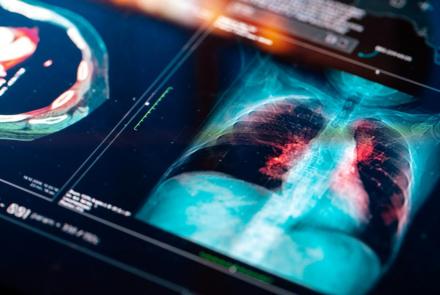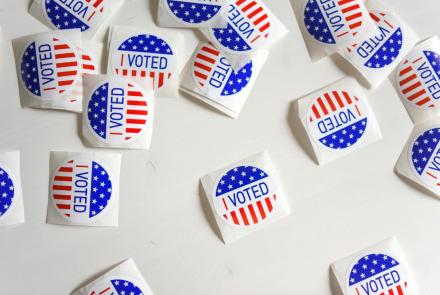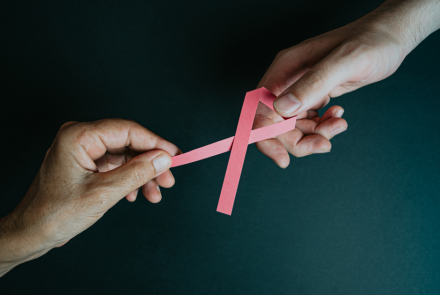How Much Water Should You Drink?
“Stay hydrated” is a common piece of health advice. But how do you know how much water your body really needs? Michal J. Tracz, M.D., a kidney specialist at Highland Medical, P.C., Rockland Renal Associates in West Nyack, N.Y., says there is a lot of misinformation out there about health and hydration. Drinking extra water often isn’t needed, and in some cases could actually be harmful. But there are some people who should be drinking extra water.
Here, he examines common myths and facts about water and health.
Myth: You Should Drink Eight Glasses of Water a Day
The advice to drink eight glasses of water daily is not based in science. The human body is expert at sensing a lack of water – that’s what thirst is. The body uses sodium to regulate the amount of fluid it needs to stay hydrated. A person becomes thirsty when the concentration of sodium in the blood is too high. It’s the body’s way of telling you it needs water to lower the amount of sodium to a normal level. There’s no actual rule for how much water you should drink. Instead, listen to your body. Drink when you’re thirsty.
Myth: There’s No Such Thing as Drinking Too Much Water
Normally, if you drink too much water, sensors in your brain detect your blood is too watery, and they signal a hormone that tells the kidneys to pee out the extra water. But in older people, drinking too much water can result in a dangerous condition known as hyponatremia, or water toxicity. A person can dilute their blood to the point that they have too little sodium in the blood, which can lead to symptoms including confusion, nausea, headaches and convulsions. Water toxicity can even be fatal in some cases.
Myth: When Exercising, Drinking Plenty of Water is Enough
When you exercise, especially in the heat, you risk becoming dehydrated. This happens when there’s not enough fluid in the blood vessels that supply the organs. In order to hydrate, you need to consume both water and salt. Every year we hear about a marathon runner who dies from water toxicity after drinking large amounts of water alone, without salt.
To stay hydrated when exercising you can drink:
- Electrolyte drinks like G2 Gatorade or Pedialyte
- Water along with eating a salty snack
- Chicken soup bullion, which contains water, sodium and protein
Fact: Too Much Water is Dangerous for People with Congestive Heart Failure
Heart failure is a condition in which the heart is no longer able to pump oxygen-rich blood to the rest of the body efficiently. This causes fluid to build up in your body. Limiting how much you drink can help prevent these symptoms. People with congestive heart failure often take diuretic medication, which eliminates water from the body.
If you take diuretics for congestive heart failure and feel very thirsty and dehydrated, that may be a natural response to taking too much of the diuretics. You may be tempted to drink extra water, but that could be harmful, because it floods your body with extra water. Instead, talk to your doctor about lowering the amount of the diuretics you take. This will help the problem in a more measured and effective way.
Fact: Drinking Water Helps Prevent Kidney Stones
People with a history of kidney stones should be drinking enough to produce 2 ½ liters of urine a day. For many people that translates to drinking about 3 liters (100 ounces) of water daily. Water with fresh lemon juice is even better. Lemon juice contains citrate, which prevents kidney stones from forming.
Drinking plenty of water can also help slow down the progression of chronic kidney disease (CKD). If you have mild to moderate CKD, drink as much as you need to quench your thirst, and then add another glass of water a day. If you have severe CKD, or are on dialysis, you must be very careful with your water intake. Talk to your doctor about how much water you should drink.
People taking dapagliflozin (Farxiga) for chronic kidney disease or diabetes often get very thirsty and urinate a lot. It’s critical to drink enough water if you’re taking this medication.
In the end, staying hydrated is a balancing act. In most cases, you can drink when you’re thirsty and your body will regulate itself.






